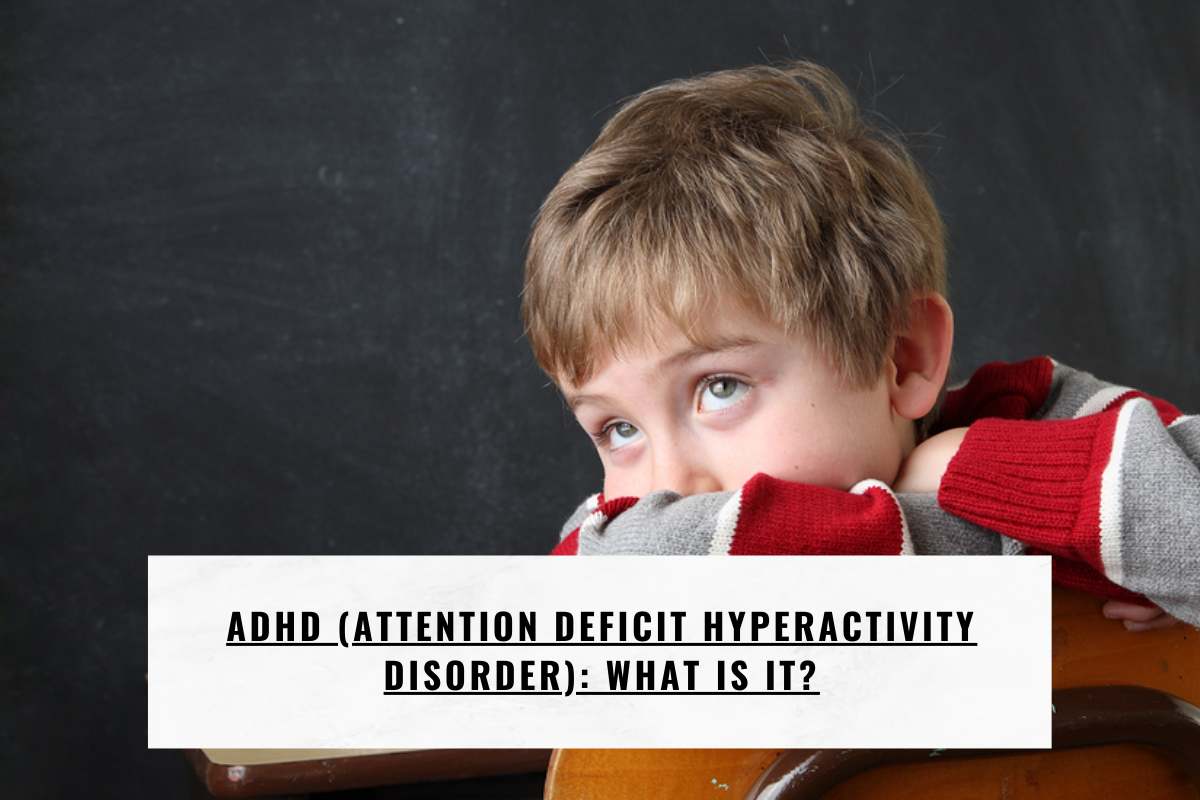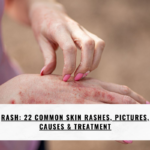ADHD (Attention Deficit Hyperactivity Disorder): What Is It?: Here is the information for attention deficit hyperactivity disorder that you need to know:
ADHD (Attention Deficit Hyperactivity Disorder): What Is It?
Attention Deficit Hyperactivity Disorder (ADHD) is a neurodevelopmental disorder that affects both children and adults. It is characterized by persistent patterns of inattention, impulsivity, and hyperactivity that can interfere with daily functioning and quality of life.
There are three main subtypes of ADHD, each with its own set of symptoms:
1.Predominantly Inattentive Presentation (ADHD-PI):
- Difficulty sustaining attention in tasks or play activities.
- Frequent careless mistakes in schoolwork or other activities.
- Forgetfulness in daily activities.
- Easily distracted by unrelated stimuli.
- Difficulty organizing tasks.
2. Predominantly Hyperactive-Impulsive Presentation (ADHD-HI):
- Fidgeting or tapping hands or feet.
- Inability to stay seated in situations where it is expected.
- Talking excessively.
- Impulsive decision-making without considering consequences.
- Interrupting others during conversations or activities.
ALSO READ:
3. Combined Presentation (ADHD-C):
- A combination of inattentive and hyperactive-impulsive symptoms.
- The exact cause of ADHD is not fully understood, but it is believed to involve a combination of genetic, environmental, and neurological factors. Brain imaging studies suggest that there may be differences in the structure and function of certain brain regions in individuals with ADHD.
- ADHD often becomes apparent in childhood, but symptoms can persist into adolescence and adulthood. It can impact various aspects of life, including academic and occupational performance, relationships, and self-esteem. However, with appropriate interventions and support, individuals with ADHD can lead fulfilling and successful lives.
- Treatment for ADHD typically involves a multimodal approach, including behavioral therapy, psychoeducation, and, in some cases, medication. Stimulant medications, such as methylphenidate and amphetamine derivatives, are commonly prescribed to help manage symptoms by increasing the availability of certain neurotransmitters in the brain.
- It’s important to note that ADHD is a clinically diagnosed condition, and only a qualified healthcare professional, such as a psychiatrist or psychologist, can make an accurate diagnosis based on a comprehensive assessment of an individual’s symptoms, history, and functioning.
If you love this information about ADHD (Attention Deficit Hyperactivity Disorder): What Is It? then you can share this blog with your loved ones.





Leave a Reply